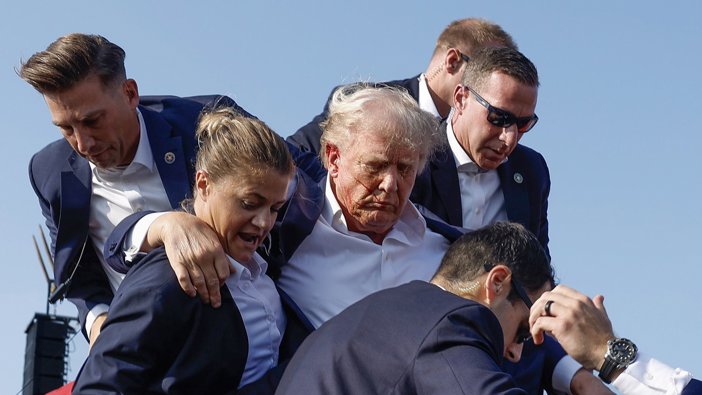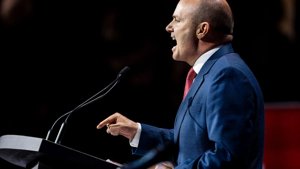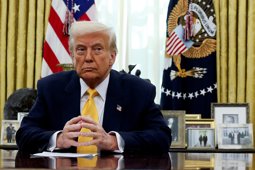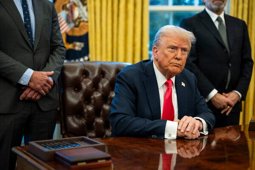
Secret Service Reforms After Trump Butler Assassination Attempt
Secret Service suspends agents, expands training and technology after Butler, PA attempt on Trump’s life.
Agency Suspends Agents and Launches Sweeping Reforms
The U.S. Secret Service has enacted a series of sweeping reforms in the aftermath of the July 2024 assassination attempt on President Donald Trump during a campaign rally in Butler, Pennsylvania. The changes come after the agency faced intense scrutiny for lapses that allowed a gunman to fire at the president from a nearby rooftop, injuring Trump and killing a bystander.
Deputy Director Matt Quinn confirmed that six Secret Service agents were suspended for periods ranging from 10 to 42 days without pay due to their response to the incident. The suspensions, which began in February, were accompanied by reassignment to restricted roles upon their return. “Secret Service is totally accountable for Butler,” Quinn said in an interview. “Butler was an operational failure and we are focused today on ensuring that it never happens again.”
The attack, which occurred on July 13, 2024, saw 20-year-old Thomas Matthew Crooks fire eight rounds at President Trump, one of which grazed his ear. The shooting also claimed the life of Corey Comperatore, a firefighter and father in attendance at the rally. A Secret Service sniper ultimately neutralized the assailant. The White House has not publicly commented on the disciplinary measures or agency reforms.
Upgraded Training, Surveillance, and Communications
Former Secret Service officials and outside experts have called the attempt a pivotal moment for the agency. Bill Gage, who served on security details for Presidents George W. Bush and Barack Obama, described the incident as a much-needed “wake-up call,” noting it spurred the creation of new divisions and specialized units to counter emerging threats.
Among the most significant changes is the adoption of advanced surveillance and counter-drone technologies. According to former Acting Director Ronald Rowe, the Secret Service expanded its use of drones and invested in countermeasures to prevent aerial attacks by hostile drones. The agency also undertook a comprehensive overhaul of its radio communications, aiming for seamless interoperability between Secret Service teams and local law enforcement—a move Gage described as “major,” given previous technical limitations.
To further enhance preparedness, the agency is hiring 1,000 new agents and officers in 2025, supported by $231 million in additional congressional funding approved in September 2024. The reforms also include plans to build a full-scale replica of the White House at the James J. Rowley Training Center in Maryland, enabling agents to train in an environment that closely matches the real site. Previously, the Secret Service had relied on a replica at Tyler Perry’s film studio in Atlanta for such training.
Secret Service Director Sean Curran emphasized that these initiatives are part of a broader commitment to restore confidence in presidential protection. Experts like Gage insist that training must be prioritized, with ongoing instruction seen as vital as daily security operations. “There needs to be an increased mindset for training, where training is viewed as just as important as your assigned shift,” Gage said.
The scope and pace of the reforms underscore the agency’s effort to address operational failures and adapt to new and evolving threats. As investigations continue and Congress maintains oversight, the Secret Service’s renewed focus on technology, coordination, and rigorous training is intended to ensure that the vulnerabilities exposed in Butler will not be repeated.






